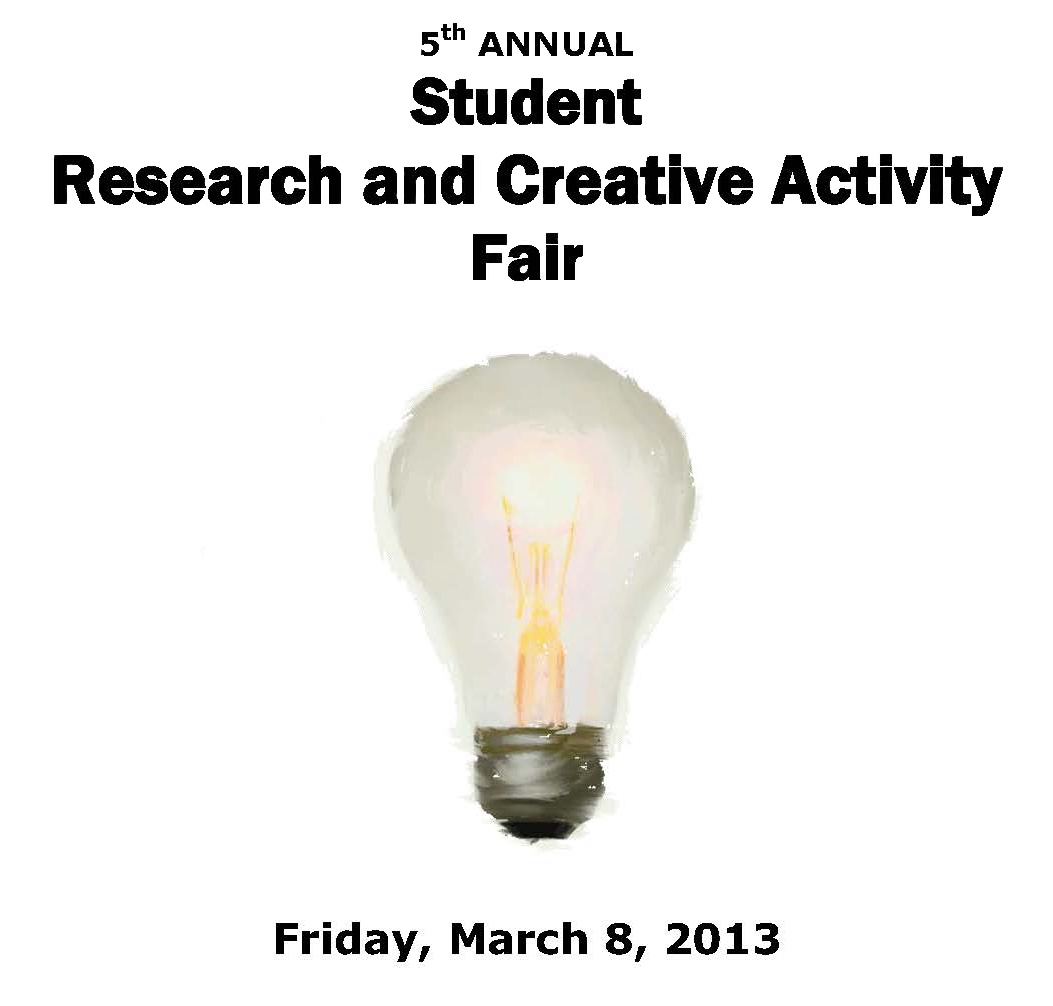
The Effect of Unfair Work Situation on Organizational Citizenship Behavior (OCB) Moderated by Psychological Capital (PsycCap) and Dark Triad
Advisor Information
Lisa Scherer
Location
Milo Bail Student Center Gallery Room
Presentation Type
Oral Presentation
Start Date
8-3-2013 9:15 AM
End Date
8-3-2013 9:30 AM
Abstract
The purpose of this study is to examine the effect of unfair work situation on Organizational Citizenship Behavior (OCB) when moderated by psycCap and dark triad. Robbins et al. (2012) defines unfairness as an experience of unjust treatment (Robbins, Ford, & Tetrick, 2012). According to Cheung et al. (2011), psycCap is defined as someone’s ability to overcome setbacks and includes self-efficacy, hope, optimism and resilience (Cheung, Tang, & Tang, 2011). The dark triad according to Jonason et al. (2010) is “undesirable personality traits” (p. 420) includes, narcissism, psychopathy and Machiavellianism (Jonason & Webster, 2010). Prior research has focused on how employees’ behaviors within organizations are affected by emotional intelligence, attitude and job satisfaction (Ashkansay & Daus, 2005; Haung, You & Tsai, 2012). Specifically, this study will examine, if employees high in the positive personality cluster of psycCap will be more likely to engage in OCBs compared to those with low pscyCap. Furthermore, it will explore if employees higher in the negative personality cluster of dark triad will be less likely to engage in OCBs compared to those lower in the dark triad. Finally, this study will investigate if those employees exposed to unfair situations will be less likely to engage in OCB. Under unfair work situations, dark triad will interact with psycCap to influence OCBs. Predicted interactions are when dark triad is high, regardless of the level of psycCap, OCBs will be low. Also when dark triad is low, OCBs will be greater under high psycCap compared to low psycCap.
The Effect of Unfair Work Situation on Organizational Citizenship Behavior (OCB) Moderated by Psychological Capital (PsycCap) and Dark Triad
Milo Bail Student Center Gallery Room
The purpose of this study is to examine the effect of unfair work situation on Organizational Citizenship Behavior (OCB) when moderated by psycCap and dark triad. Robbins et al. (2012) defines unfairness as an experience of unjust treatment (Robbins, Ford, & Tetrick, 2012). According to Cheung et al. (2011), psycCap is defined as someone’s ability to overcome setbacks and includes self-efficacy, hope, optimism and resilience (Cheung, Tang, & Tang, 2011). The dark triad according to Jonason et al. (2010) is “undesirable personality traits” (p. 420) includes, narcissism, psychopathy and Machiavellianism (Jonason & Webster, 2010). Prior research has focused on how employees’ behaviors within organizations are affected by emotional intelligence, attitude and job satisfaction (Ashkansay & Daus, 2005; Haung, You & Tsai, 2012). Specifically, this study will examine, if employees high in the positive personality cluster of psycCap will be more likely to engage in OCBs compared to those with low pscyCap. Furthermore, it will explore if employees higher in the negative personality cluster of dark triad will be less likely to engage in OCBs compared to those lower in the dark triad. Finally, this study will investigate if those employees exposed to unfair situations will be less likely to engage in OCB. Under unfair work situations, dark triad will interact with psycCap to influence OCBs. Predicted interactions are when dark triad is high, regardless of the level of psycCap, OCBs will be low. Also when dark triad is low, OCBs will be greater under high psycCap compared to low psycCap.
